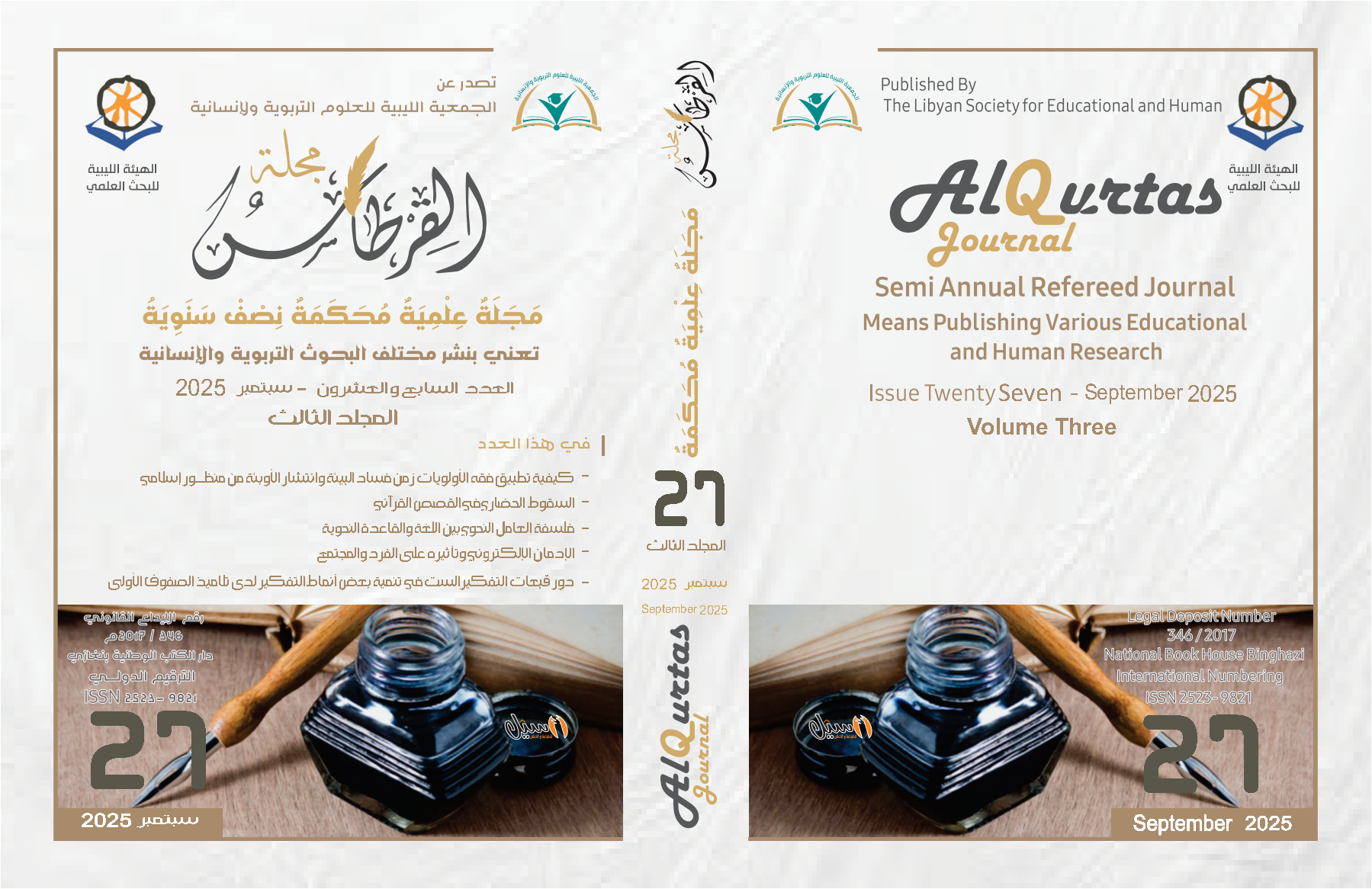Kant, philosopher of universalism and modernity
Main Article Content
Abstract
Kantian approaches embodied the meaning of universality and modernity, which were embodied in the meaning of freedom, religion, and the three rules of action. Accordingly, we can assert that Kant is the only universal philosopher, or at least he is the one who most legislated for the universality of reason and the most keen to defend it. The modernity that Kant thought about, especially in his article on enlightenment, does not seem at all to him to be the exclusive property of anyone, but rather it is a task specific to humanity as a whole, as a purely geographical affiliation to the earth. Kant does not believe much in history, and he is not concerned at all with the past, tradition, or belonging, for they are all the same absurd path in which there is no wisdom or a fabric of madness, malice, and terrible destructiveness. While he relies on humans as they are and on the original freedom that they have, Kant bets on universality against identity, on civilization against nationalities, and on reason as a reference for all human values against all types of theological or metaphysical commandments. In doing so, he bets on geopolitics and geo-philosophy instead of history and the philosophy of history, and on criticism and analysis instead of the high-sounding name of ontology, according to Kant’s own phrase
Downloads
Article Details

This work is licensed under a Creative Commons Attribution-NonCommercial 4.0 International License.

